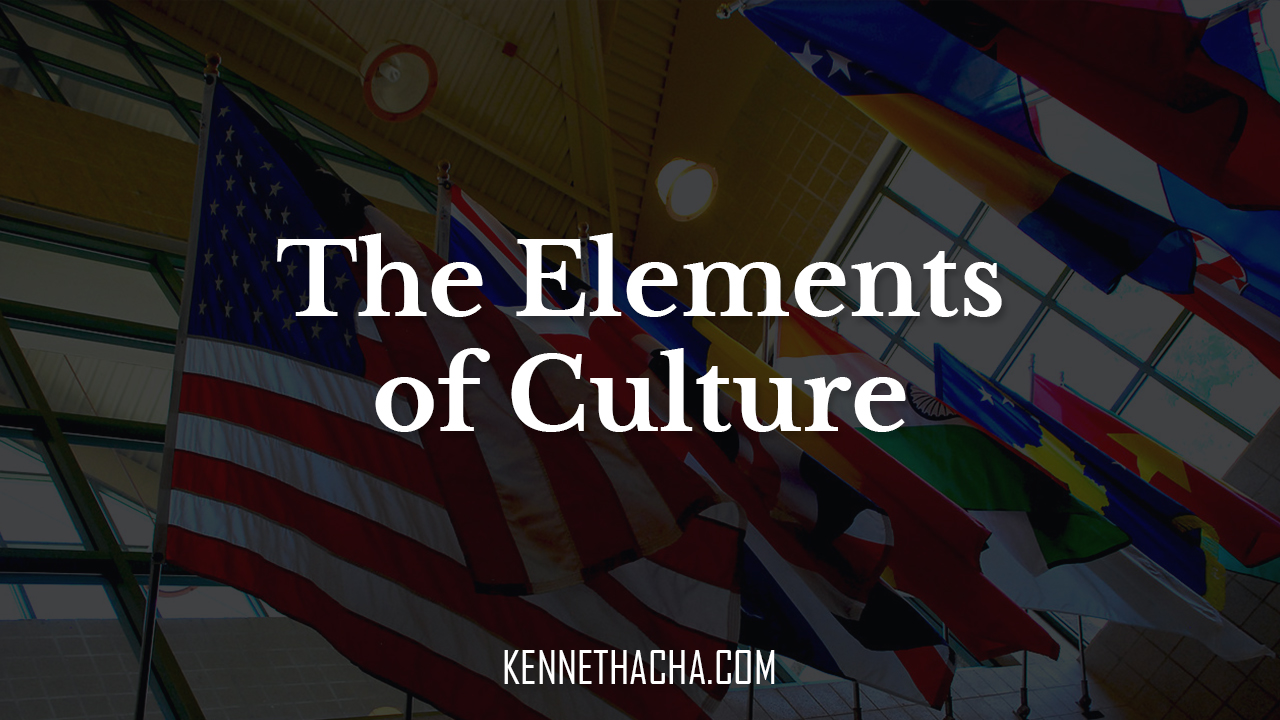Culture Impacts Everything
Our cultures shape and form who we are and who we become as individuals and as a society. Whether we are talking about a personal, family, organizational or even a national level, we know that the best way to develop excellence is to develop cultures of excellence.
For example, as an individual, do you want to lose weight, get healthy, stop smoking, start exercising? Have better relationships with friends and family? Do you want to become more successful on the job? Want to make more money? Guess what you need to do: Change your personal culture to a culture of excellence that aligns more with your aspirations. Changing your personal culture changes your lifestyle. And when your lifestyle changes positively, you will change and become more successful as well. There is no other way to create any significant sustained change in your life than by changing your personal culture.

The same is true for an organization. As an organization, if you want to create an environment of excellence where employees produce their best work, value their customers, and create more wealth for all stakeholders, then you need to look at the culture.
The question is, what is culture and what are the key elements that we need to have to create a healthy vibrant and productive culture for ourselves, our families, our organizations, and our nations?
Definition of culture
Edward B. Tylor said that culture is “that complex whole which includes knowledge, belief, art, law, morals, custom, and any other capabilities and habits acquired by man as a member of society.” The Center For Advanced Research on Language Acquisition at the University of Minnesota defines culture as “the shared patterns of behaviors and interactions, cognitive constructs, and affective understanding that are learned through a process of socialization. These shared patterns identify the members of a culture group while also distinguishing those of another group.”
A great thing about culture is that culture can be learned. How? Through a process of socialization. When you socialize with people you can learn their culture.
Our cultures exist in our minds and inform the way we see the world around us. Because it exists in our minds, we may take someone out of their culture in one day, but it may take a lifetime to take their culture out of them.
Elements of culture
Even though culture exists in the minds of people, it is not elusive or difficult to see culture when you go to a new place. You see it in their:
- Language / Communication
- Aesthetics – Dressing, Food & Drink
- Arts and Literature (art, music, buildings, literature, and folk tales, stories, history, myths, jokes, etc )
- Customs & Traditions (customs, traditions, rules, or written laws, rules, norms, ethical codes, values, and attitudes)
- Beliefs, religions, assumptions, and mental models, rituals, rights, ceremonies, celebration
- Forms of Government & Politics (e.g. democracy, republic, dictatorship, etc.)
- Social organization (family patterns, nuclear family, extended family, social classes)
- Economic systems
The elements above don’t only define the culture of communities abroad. They also define our personal, family, organizational, and national cultures. Culture can change regardless of the size and composition of the group in question. However, the simpler and less complex your group is, the easier it is to create
